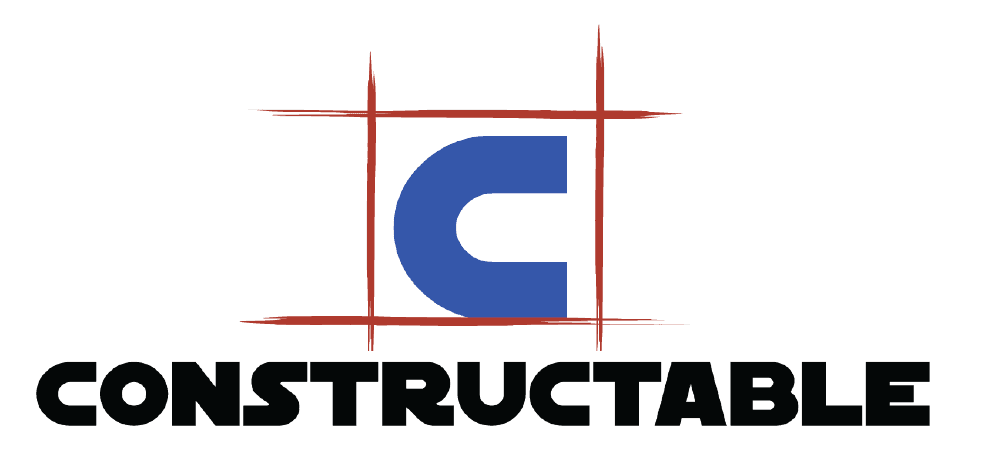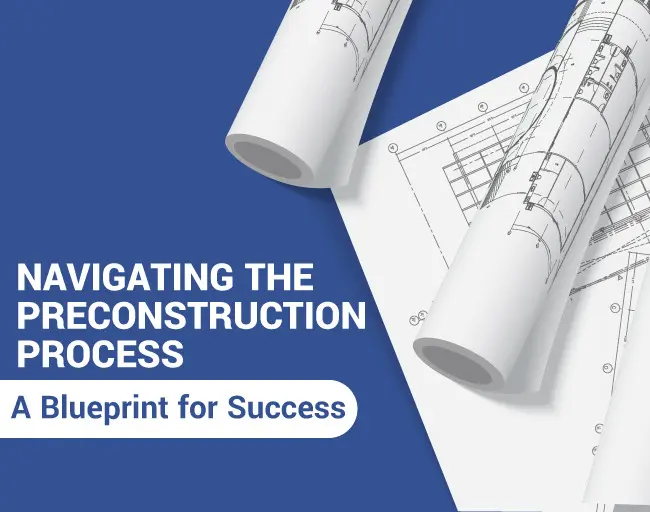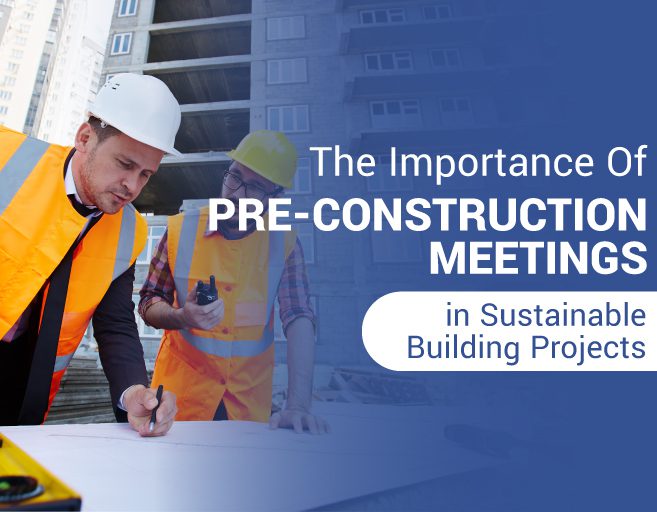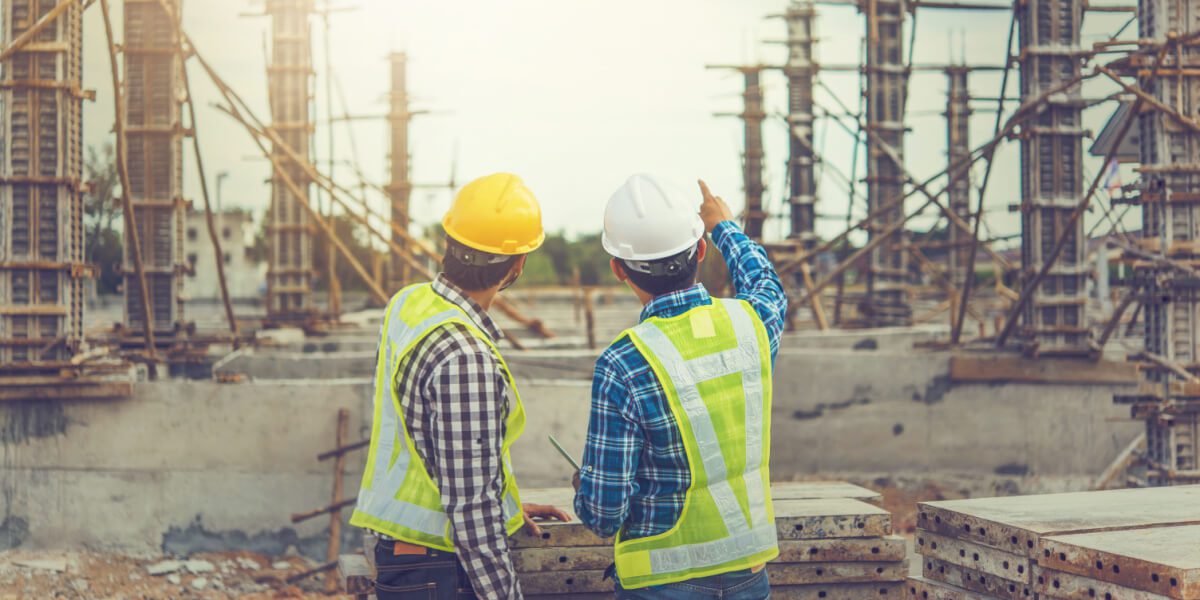Cost Estimation in the Preconstruction Phase
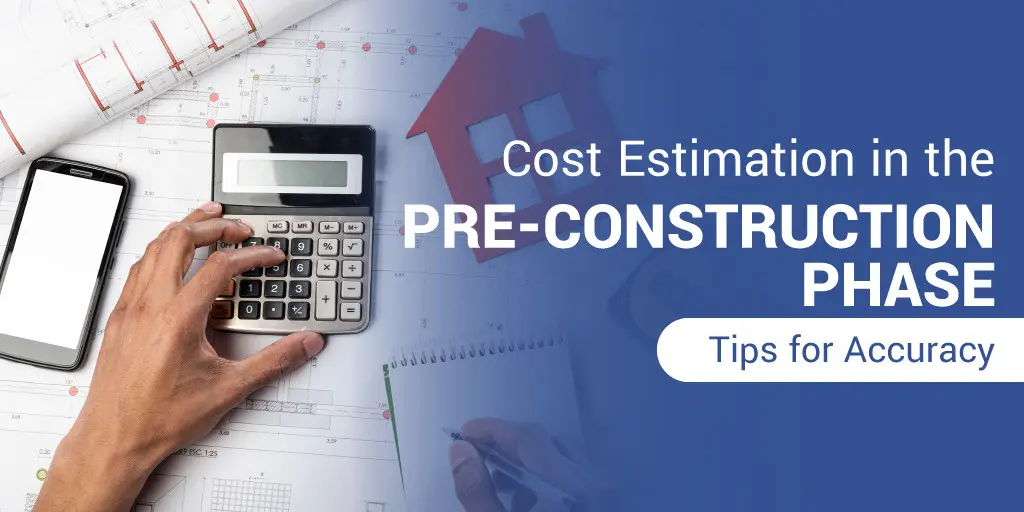
Accurate cost estimation is a cornerstone of any successful construction project. During the preconstruction process, this estimation plays a pivotal role in ensuring that a project remains within budget and is executed smoothly. Underestimating costs can lead to budget overruns, while overestimating can scare away potential investors. In this article, we’ll share crucial tips to enhance the accuracy of cost estimation during the preconstruction phase.
1. Understand the Project Scope
Thoroughly Review the Blueprint
Before diving into cost estimation, it’s vital to have a deep understanding of the project’s scope. Review the blueprints, designs, and project specifications in detail. This ensures that no elements are overlooked during the estimation process.
2. Use Modern Estimation Software
Leverage Technology for Precision
With advancements in technology, several software tools can aid in cost estimation. These tools consider various parameters, ensuring that your estimates are comprehensive and precise. Integrating such tools into the preconstruction process can drastically reduce human errors.
3. Account for Labor Costs
Evaluate Local Labor Rates
Labor is one of the most significant costs in construction projects. Research local labor rates, consider the complexity of tasks, and factor in potential overtime or additional manpower needs. This helps in arriving at a more accurate labor cost projection.
4. Consider Material Price Fluctuations
Stay Updated with Market Trends
Material prices aren’t static. They can fluctuate based on demand, availability, and external economic factors. Regularly update your database with current material prices and consider potential future price hikes in your estimates.
5. Factor in Equipment Costs
Rent vs. Purchase
Determine which equipment will be rented and which will be purchased. Factor in maintenance costs for owned equipment and rental rates for leased ones. Don’t forget to account for transportation costs for heavy machinery.
6. Include Permit and Licensing Fees
Research Local Regulations
Every region has its own set of construction permits and licensing fees. Ensure you’re familiar with the local regulations and include all necessary costs in your estimate.
7. Plan for Contingencies
Always Have a Buffer
No matter how meticulous your estimation is, unforeseen challenges can arise. It’s always wise to set aside a contingency budget, typically 5-10% of the total estimated cost, to account for unexpected expenses.
8. Continuously Review and Revise
The Value of Iteration
Cost estimation isn’t a one-time activity. As the preconstruction process progresses, new details might emerge, necessitating revisions in the estimate. Regularly review and adjust your estimates to ensure they remain accurate.
9. Seek Expert Opinions
Collaborate for Accuracy
Two heads are better than one. Collaborate with industry experts, subcontractors, and suppliers. Their insights can provide a fresh perspective and highlight aspects you might have overlooked.
10. Trust Experienced Professionals
Leverage Expertise for Estimation
If cost estimation isn’t your forte, consider hiring or consulting with a professional estimator. Their experience and expertise can prove invaluable in ensuring your estimates are spot-on.
Conclusion
Accurate cost estimation in the preconstruction process is both an art and a science. It requires a deep understanding of the project, attention to detail, and the ability to anticipate potential challenges. By integrating these tips into your estimation routine, you can enhance accuracy and set your construction project up for success. And if you ever need guidance or expert insights, Constructable, with its vast experience in the construction domain, is always here to help. For more information or to discuss your next project, reach out to us.
